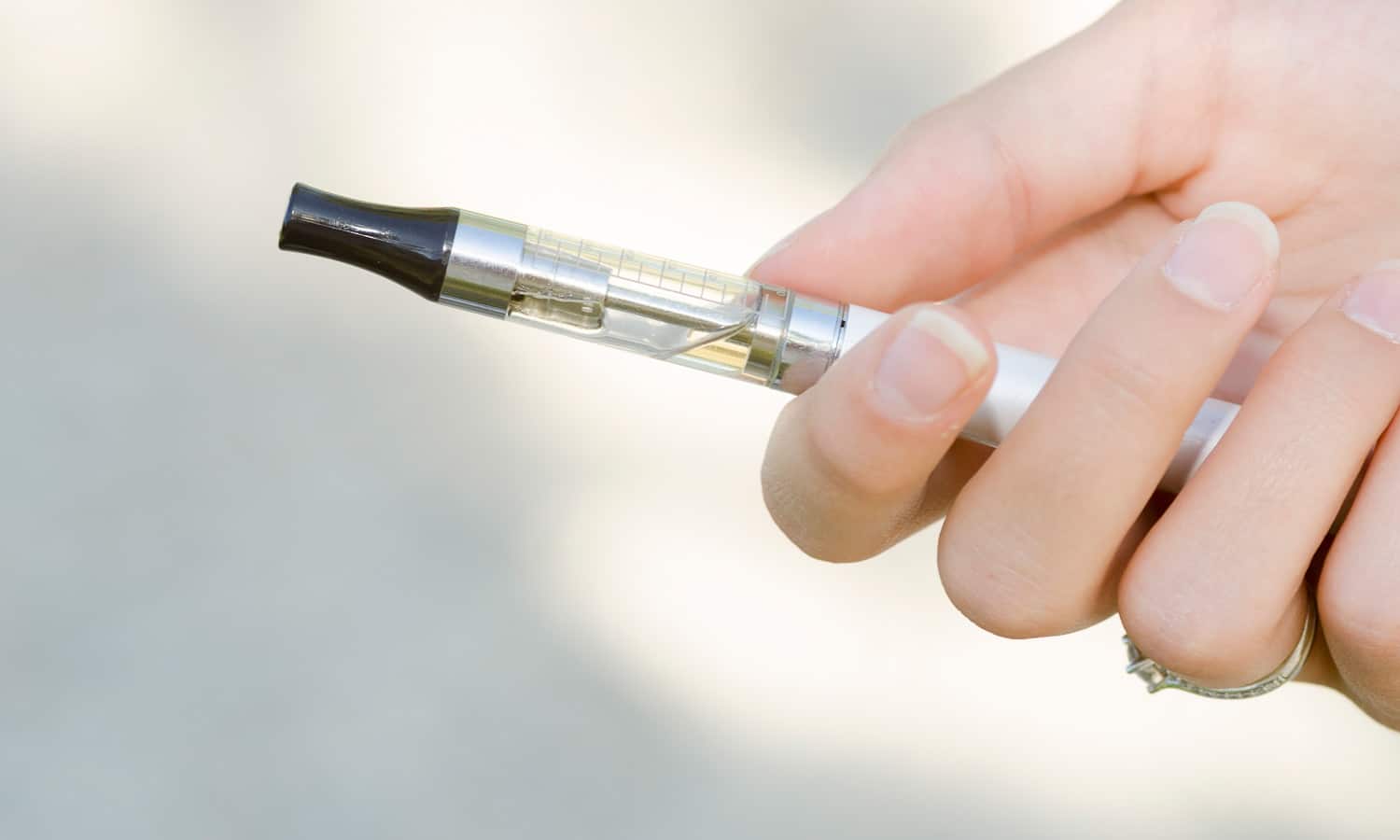The newspaper points the finger at legal weed, but research shows black market and regulation as the real culprit in vaping illness outbreak.
Sometimes even the smartest people you know state opinions or perform actions that leave you confused. How could someone so intelligent do or say something so dumb? That was my reaction reading a new editorial from the Wall Street Journal blaming marijuana legalization for the nation’s minor vaping crisis.
“A surge in vaping related lung illnesses this year caught the medical community by surprise, with the Centers for Disease Control and Prevention (CDC) reporting more than 2,500 lung illnesses and 54 deaths,” the Journal’s editorial board wrote. “Politicians are targeting e-cigarettes, but the CDC reported last week that marijuana is so far the greatest common denominator.”
All of which is true. But the conclusions the Journal draws feels like they forgot to solve for X.
“This is another reminder that America is undertaking a risky social experiment by legalizing and especially destigmatizing cannabis, and the potential effects are hard to foresee or control.”
RELATED: Vaping Could Be Worse For Your Heart Than Smoking Cigarettes
The Journal skips a key detail in all of this — many of the marijuana-related vaping illnesses originated from cannabis products bought on the black market. If you examine the CDC’s map of cases, which demonstrates the amount of vaping-related lung illnesses for each state, you find concentrations in states without legal recreational marijuana, including Texas, Illinois (adult-use marijuana doesn’t become legal until Jan. 1, 2020), Florida, Utah, Pennsylvania, and New York.
A curious exception is California, which claims the third-highest number of cases. Though recreationally legal in the state, California has a known black-market problem. According to an Associated Press report earlier this year, 80% of marijuana “sales in the state remain under the table, snatching profits from legal storefronts.” This is due to high taxes and overregulation, as one Portland State University study found. When researchers asked producers and consumers alike why they stayed in the black market, frequent responses included “high taxes,” “overregulation,” and “cost of compliance.”
“The reasons behind the persistence of the marijuana black market are complex,” the study’s author Sikang Song wrote. “One of the main arguments is that the legalized states have failed to establish a regulatory framework which effectively keeps both producers and consumers in the legal market. Instead, strict regulations and high cost of compliance have created an environment in favor of big players while driving small-scale businesses into the black market.”

The CDC did report earlier this month that most of the nearly 2,300 patients who developed lung damage had vaped products containing THC. Furthermore, 56% of hospitalized patients had used Dank Vapes, a black-market brand that doesn’t hold a marijuana license or ties to any single business. Instead, Dank Vapes exists as fake packaging, which was previously available on Amazon, to grant illicit products an air of legitimacy.
A different study from the Mayo Clinic pointed to an extracurricular agent as the caused behind the illness. “What we see with these vaping cases is a kind of severe chemical injury that I’ve never seen before in a tobacco smoker or a traditional marijuana smoker,” study co-author Dr. Brandon Larsen said. Meanwhile, other researchers have suggested that flavoring additives could be to blame. Black market producers will often “cut,” or dilute, their vaping liquids with cheaper additives to make higher profits.
RELATED: Who Wins From Marijuana Taxes? It’s Not Always Who You Think.
The Wall Street Journal blames “celebrating pot use” as the catalyst to the vaping crisis. But data and research shows that poor regulation and prohibition stand as stronger causes. By keeping cannabis illegal, it draws consumers to the black market, where they are far more likely to buy dangerous and unregulated marijuana products. The problem isn’t legalization, it’s keeping marijuana illegal.
“The latest national and state findings suggest THC-containing e-cigarette, or vaping, products, particularly from informal sources like friends, family, or in-person or online dealers, are linked to most of the cases and play a major role in the outbreak,” the latest CDC report concludes.


